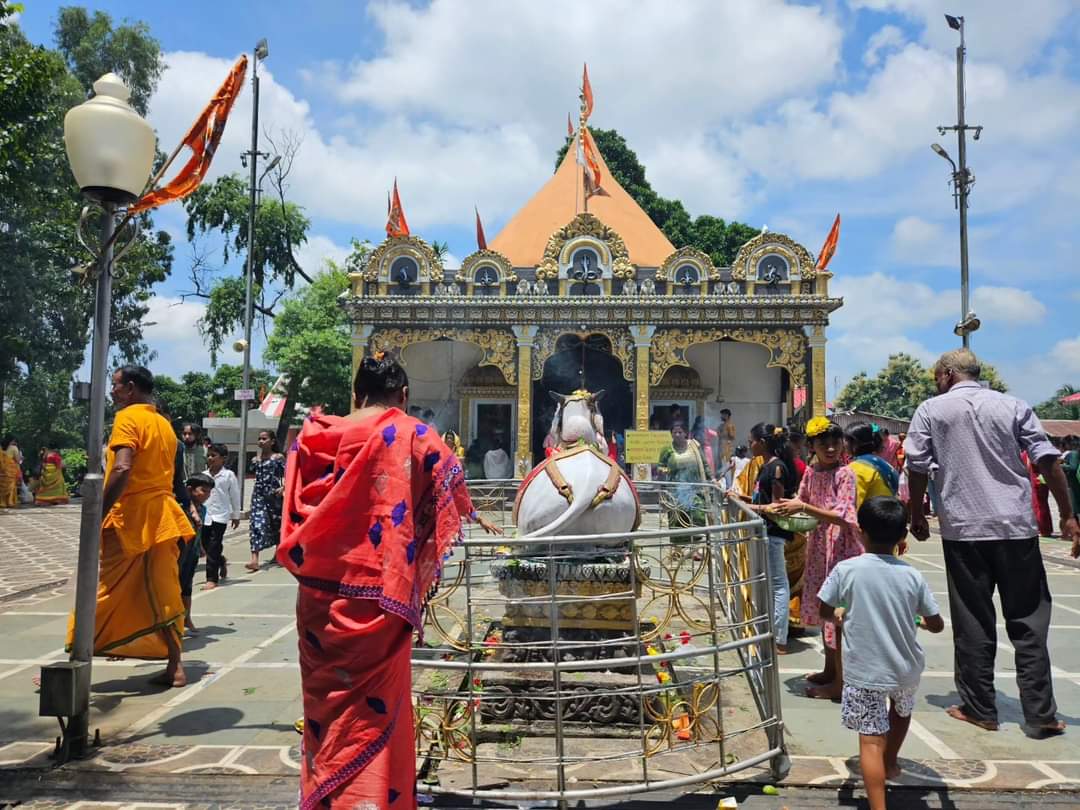Sawan Mahina: The Month of Spiritual Significance and Renewal

Sawan, also known as Shravan, is the fifth month in the Hindu calendar, typically falling in July-August of the Gregorian calendar. It is a highly revered month, marked by an array of religious activities, particularly devoted to Lord Shiva.
The month of Sawan holds immense significance in Hindu tradition. It is believed that during this period, Lord Shiva blesses his devotees with prosperity and happiness. Many followers observe fasts, perform special prayers, and visit temples, especially on Mondays, known as Sawan Somvar. These practices are meant to purify the mind and body and seek divine blessings. In 2024, the Sawan month, will begin on Monday, July 22nd, and it will end on Monday, August 19th.
The rituals of Sawan vary across different regions of India. Common practices include offering milk, water, and bilva leaves to Shiva Linga, chanting mantras, and participating in processions known as Kanwar Yatra. Devotees carry sacred water from the Ganges and offer it at Shiva temples, symbolizing their devotion and penance.
Apart from religious observances, Sawan is also a time for cultural festivities. Traditional dances, songs, and fairs are organized in many places. The vibrant festivals like Teej, celebrated by women in Northern India, add to the cultural richness of this month. These events foster community bonding and keep the traditional arts alive.

Sawan Mahina, the auspicious month dedicated to Lord Shiva, is celebrated with great fervor and devotion at the Mahabhairab Temple in Tezpur, Assam. This ancient temple, believed to date back to the pre-historic era, is an important pilgrimage site where thousands of devotees throng during Sawan to offer their prayers and seek blessings from Lord Shiva. The temple, situated atop a hillock, provides a serene and spiritual ambiance, which is further heightened during this holy month.
Throughout Sawan, the Mahabhairab Temple becomes a hub of religious activities and rituals. Special arrangements are made to facilitate the smooth conduct of rituals, including the provision of flowers, bel leaves, and other offerings essential for the worship of Lord Shiva. The local residents, along with visitors from different parts of the region, come together to celebrate this sacred period. The evenings often witness devotional singing (bhajans).
In addition to the spiritual activities temporary shelters and food stalls are set up to accommodate the influx of pilgrims. The temple management, along with volunteers, works tirelessly to maintain cleanliness and order, ensuring that the spiritual sanctity of the temple is upheld.
Sawan is a month that beautifully combines spirituality, culture, and nature. It is a time for introspection, devotion, and celebration, reminding us of the eternal bond between nature, culture, and faith.









